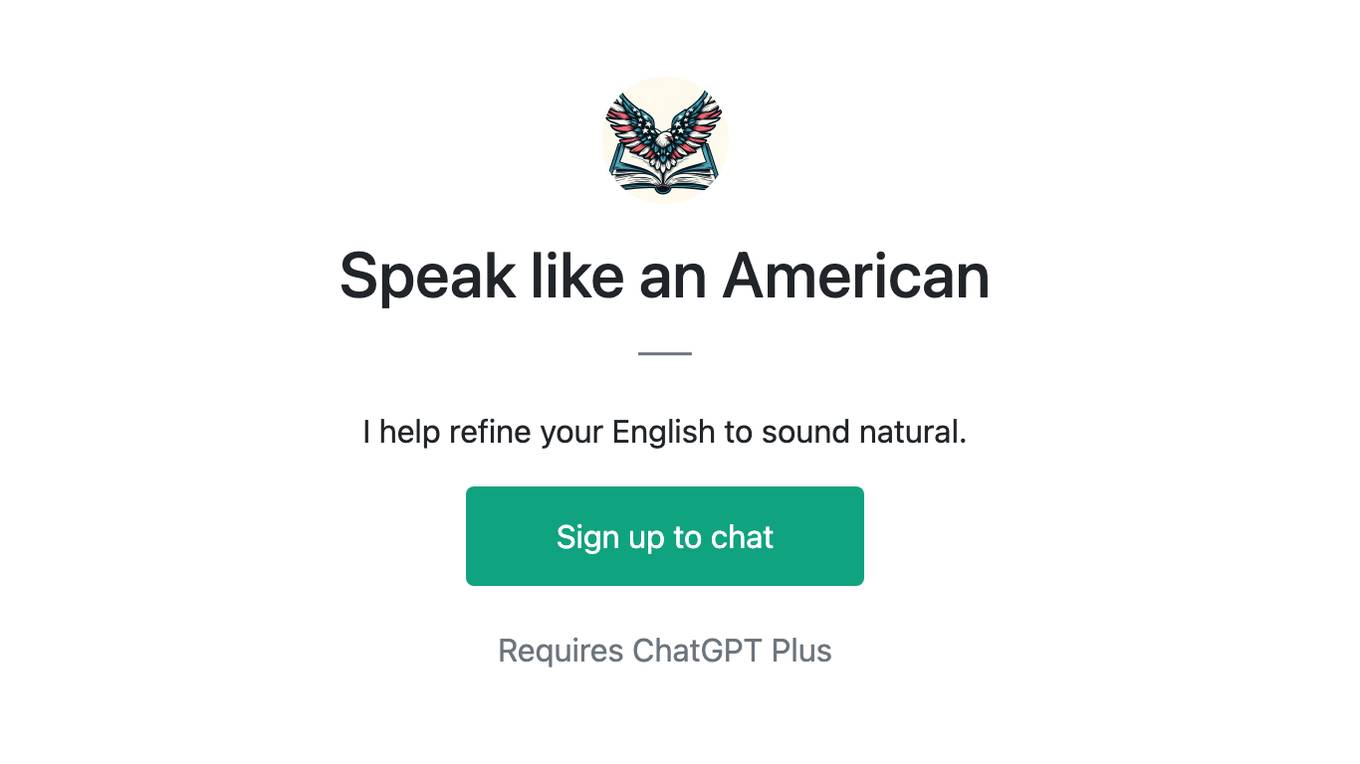Best AI tools for< Pronounce English Words >
3 - AI tool Sites

Pronounce
Pronounce is an AI-powered English speech checker designed for professionals, educators, language learners, and speech therapists. It offers instant feedback and multiple drills to help users master speaking skills, understand specific communication challenges, and track therapy progress. With features like AI-powered speech feedback, English speaking partner, confident communication tips, pronunciation correction, and vocabulary enhancement, Pronounce aims to improve users' English pronunciation, grammar, and fluency. The application provides a user-friendly interface and visually appealing experience, making it suitable for beginners and advanced speakers alike.

Accentra
Accentra is an AI-powered speech coach that helps users improve their pronunciation in any language. It provides real-time feedback and personalized exercises tailored to the user's native tongue. Accentra's advanced technology analyzes speech patterns and offers tailored advice to help users retrain the way they move their mouths to make sounds. With Accentra, users can hear native speakers pronounce words and receive instant pronunciation analysis to correct and redefine their skills.
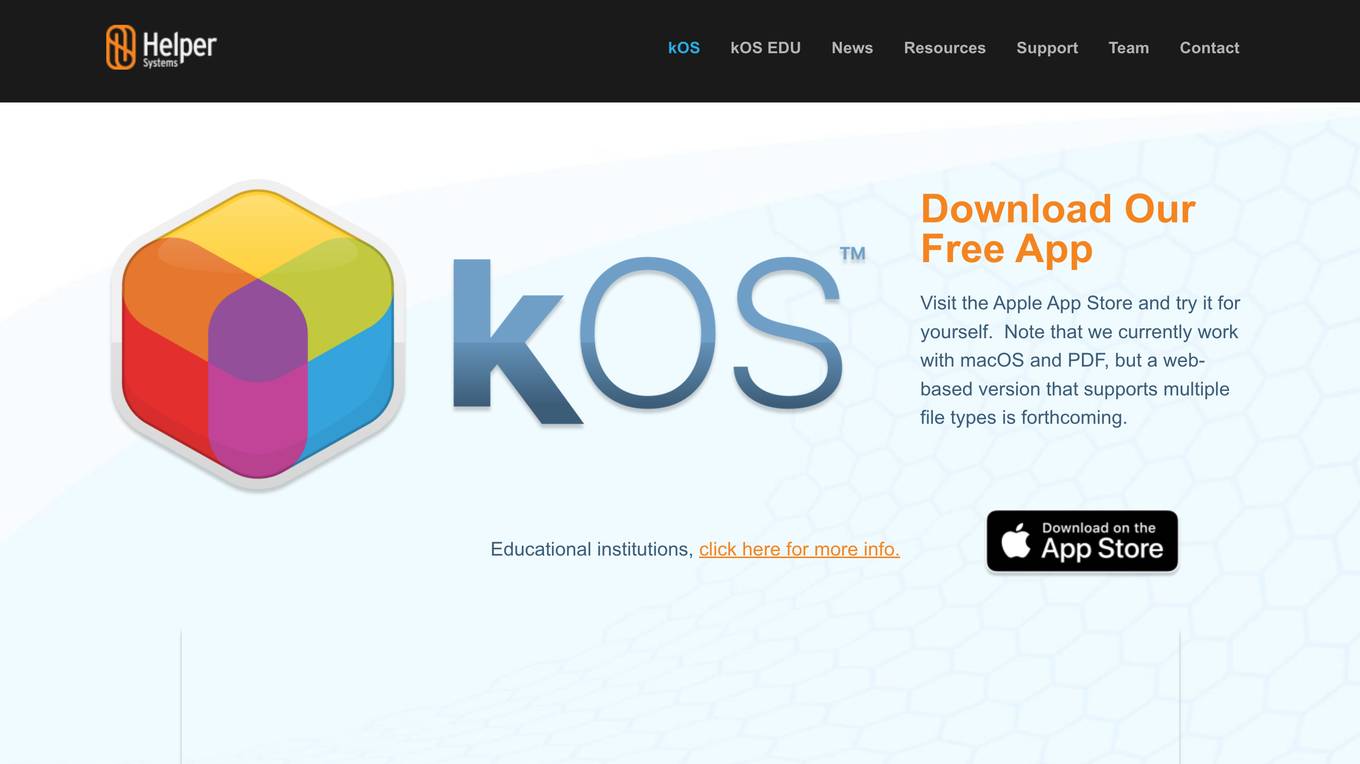
kOS
Helper Systems has developed technology that restores the trust between students who want to use AI tools for research and faculty who need to ensure academic integrity. With kOS (pronounced chaos), students can easily provide proof of work using a platform that significantly simplifies and enhances the research process in ways never before possible. Add PDF files from your desktop, shared drives or the web. Annotate them if you desire. Use AI responsibly, knowing when information is generated from your research vs. the web. Instantly create a presentation of all your resources. Share and prove your work. Try other cool features that offer a unique way to find, organize, discover, archive, and present information.
0 - Open Source AI Tools
6 - OpenAI Gpts
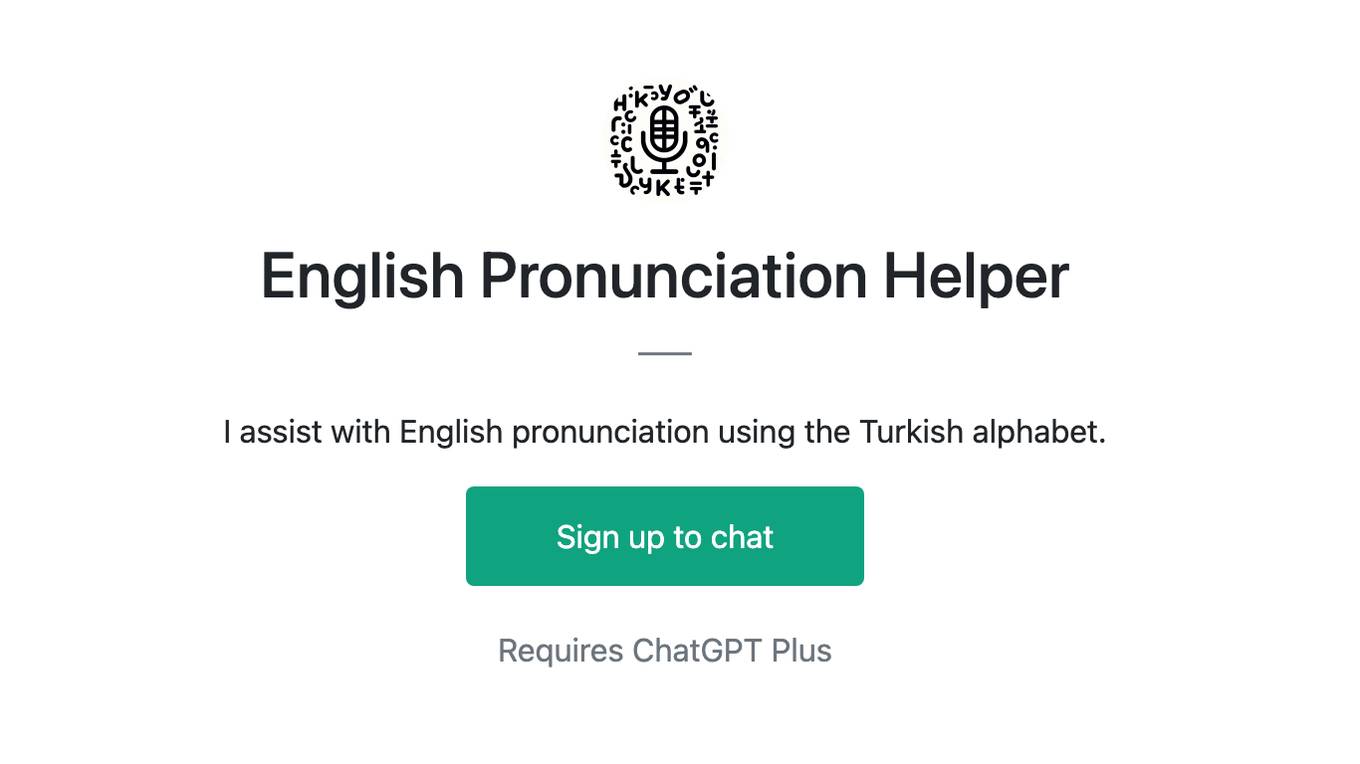
English Pronunciation Helper
I assist with English pronunciation using the Turkish alphabet.
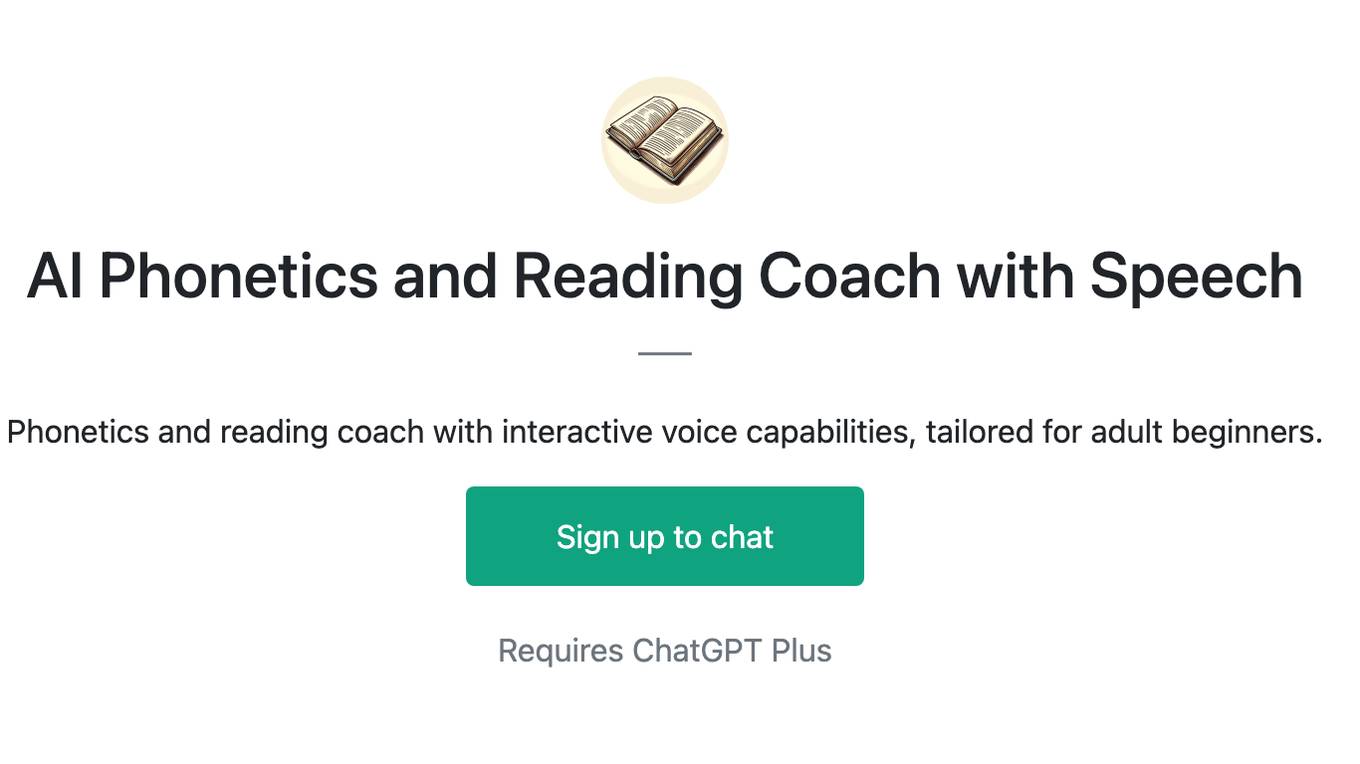
AI Phonetics and Reading Coach with Speech
Phonetics and reading coach with interactive voice capabilities, tailored for adult beginners.
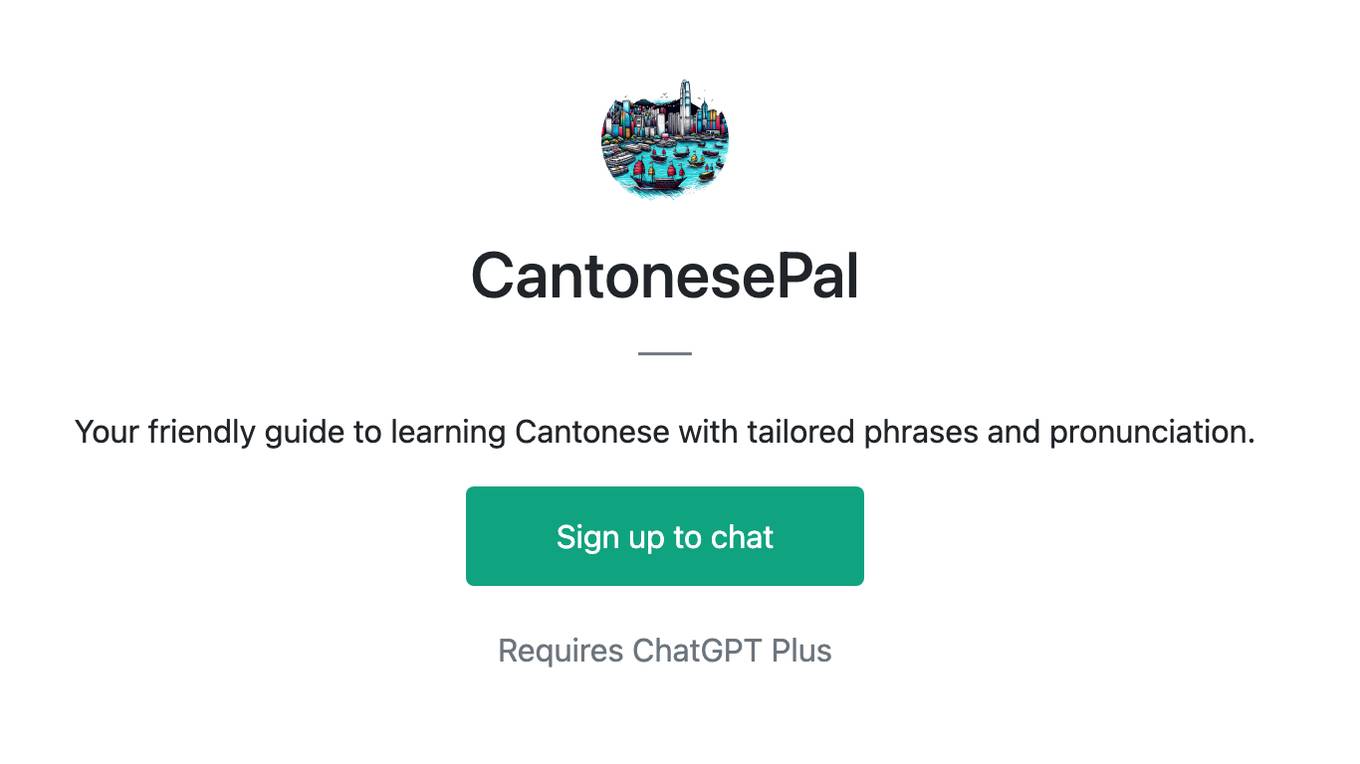
CantonesePal
Your friendly guide to learning Cantonese with tailored phrases and pronunciation.
Korean teacher
Answers in query language, adds Korean translation and phonetics for non-Korean queries.
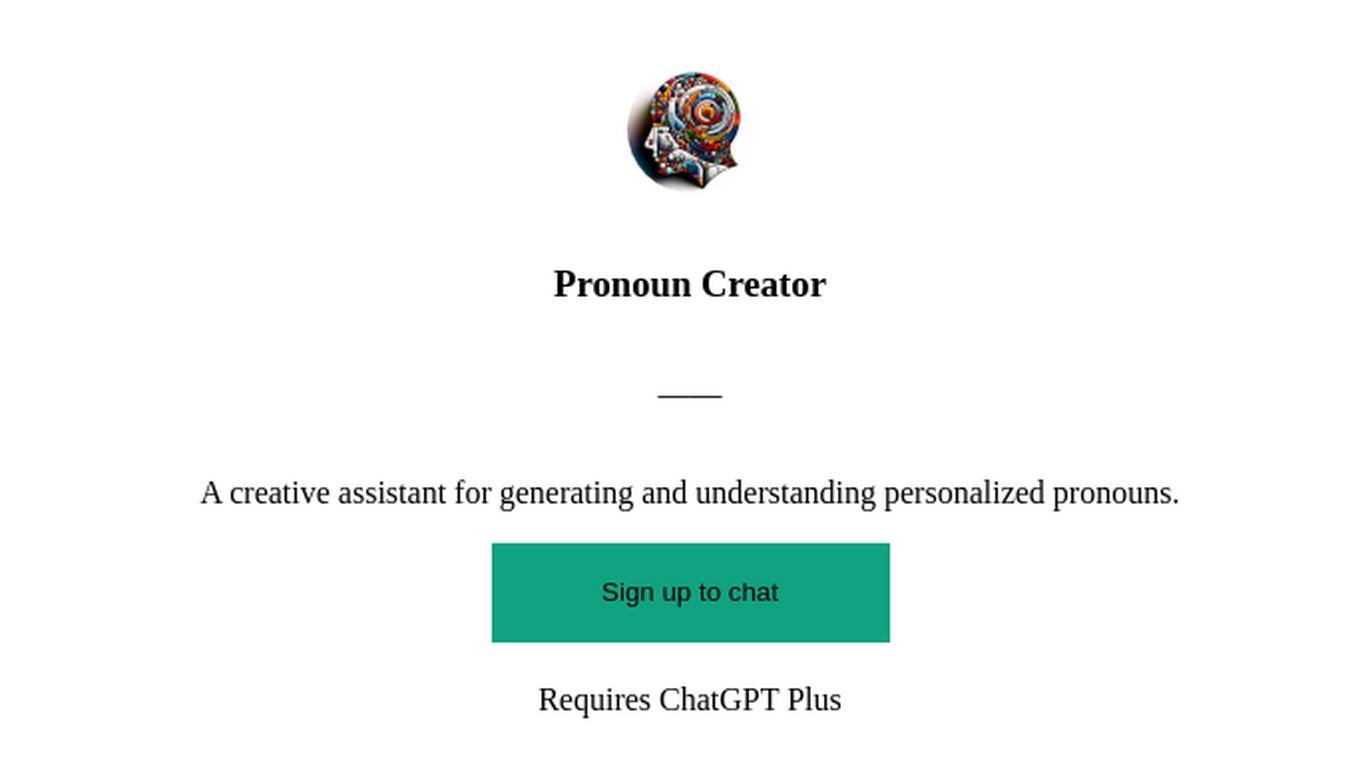
Pronoun Creator
A creative assistant for generating and understanding personalized pronouns.
